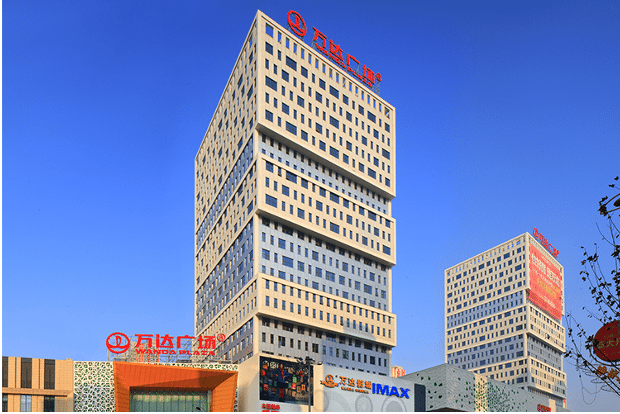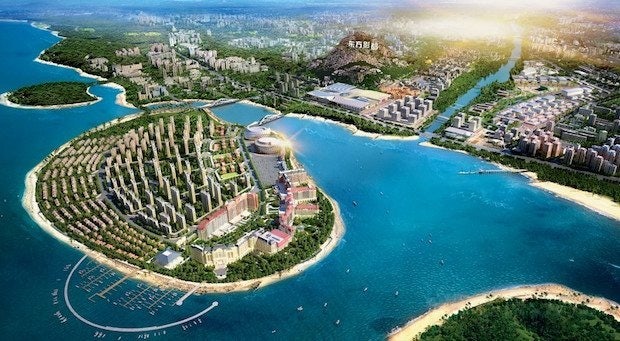
Dalian Wanda, the same company that rebranded the IRONMAN triathlon and has made waves in China's film industry, is investing in a new sector: private hospitals. The developer announced it would be putting $2.3 billion into sprucing up the private hospital sector in Shanghai, Chengdu, and Qingdao by building three hospitals run by British healthcare operator International Hospitals Group. These hospitals, which are scheduled for completion within the next few years, may not only pose competition for foreign hospitals already in these areas, but are likely part of efforts to cash in on the growth of medical tourism as more of China’s rich seek better healthcare overseas.
The move, according to a statement by Wanda Chairman Wang Jianlin, is aimed at the affluent consumer in China, and “helps the cities in which these projects are located to elevate their healthcare standards to international levels, and to serve as role models for the development of premium healthcare in China.”
It's not uncommon for ultra-wealthy Chinese to travel to the UK and the United States for a variety of medical treatments because they do not trust doctors at home. In the United States, healthcare providers are following the example of the Mayo Clinic, capitalizing on the wave of medical tourists seeking quality care. The Mayo Clinic draws people to its facilities in New York and Hong Kong by collaborating with Chinese company MediSun, which coordinates services like flights and accommodation. Meanwhile, upper-middle class travelers are drawn to destinations closer to home, like Hong Kong and South Korea.
Wanda's involvement in a broad variety of travel and leisure industries, including shopping malls, theme parks, and hotels will help it tap into Chinese demand for medical tourism that includes not only trips to hospitals, but also vacation add-ons like shopping and fine dining. The Qingdao hospital will have this all-in-one package as it is set to be located in Wanda's $4.9 billion Qingdao Oriental Movie Metropolis, a development in progress aimed at becoming "China's Hollywood" that includes a theme park and film studios, according to The Wall Street Journal.

Tour operators are increasingly teaming up with international B2B medical service platforms to find doctors, and these platforms sometimes specialize in an additional, entertainment-focused trade. In South Korea, where Chinese medical tourists seek out plastic surgeons they deem to be more trustworthy than the ones they find at home, medical service platform Medi & Korea has high-level employees that also work with arts and entertainment groups. Their goal: marketing the Korean fine arts scene to tourists who are highly likely to also be collectors.
With health and fitness interests at the luxury level surging in China, high-end wellness brands are keen on taking advantage of this trend inside the mainland—athletic apparel company Lululemon opened a showroom in Beijing last year, while an increasing number of top-tier restaurants in the country are focusing their efforts on bringing consumers organic and gluten-free menu options. However, Chinese consumers are still looking outwards for everything from maternity care to medication and even Chinese traditional medicine practices like acupuncture. The International Business Times reported that last year, a couple paid $10,000 a piece for physicals in Seattle.
Beijing has made healthcare reform a priority for the past several years primarily to reduce pressure on overcrowded public hospitals in a country that is struggling with pollution and an aging population. Wanda's latest path into the hospital sector aims to offer some relief, but it's yet to be seen whether it stands out among the current span of private hospitals in China's first- and second-tier cities to entice medical tourists to stay at home.